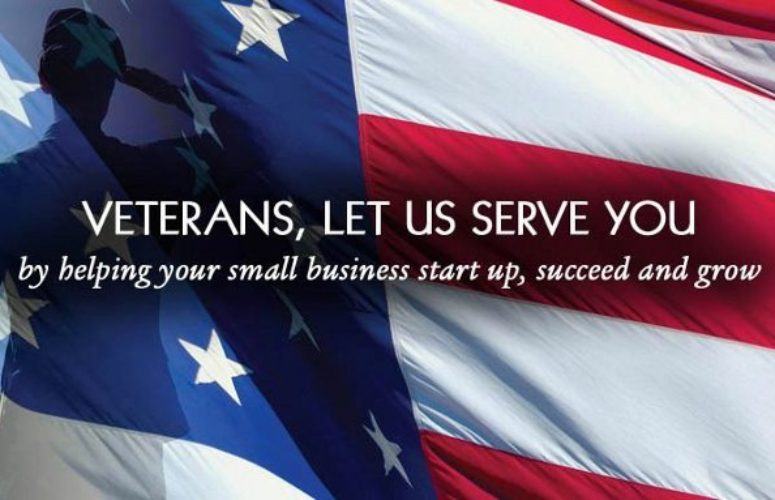
SBA Loans to NJ Black-Owned Small Businesses Up 116 Percent
On Feb 29, 2016In the first four months of fiscal year 2016, the period of Oct. 1, 2015 thru Jan. 31, 2016, U.S Small Business Administration (SBA) loan approvals and dollar volume to New Jersey black-owned small businesses increased 116 percent and 74 percent over 2015 approvals and dollars for the same time period.
According to SBA New Jersey District Director Al Titone, SBA loan approvals to black-owned businesses for New Jersey totaled 26 loans for $5.4 million compared to 2015 totals of 12 loans for $3.1 million.
“This is encouraging news for the New Jersey African-American community,” said Titone. “We saw signs last year that lending to black-owned businesses was improving, but the first four months of fiscal year 2016 shows that we are on our way to surpassing last year’s number of loan approvals by 50 percent.”
Kellie LeDet, SBA’s Region II regional administrator, who oversees the agency’s programs and services for New Jersey, New York, Puerto Rico and the U.S Virgin Islands said, “During the first four months of fiscal year 2016, our region approved 58 loans for $8.8 million to black-owned businesses. That means that our New Jersey office accounted for 45 percent of the total number of loans that went to these businesses and 62 percent of the dollars. That’s just an outstanding performance and of course a great deal of the credit belongs to our lending partners.”
LeDet also attributes the increase to a number of new initiatives that are in place to help assist African-Americans gain access to capital. “Partnering with the National Association of Government Guarantee Lenders (NAGGL) has enabled us to provide under-served communities with a training module called Business Smart,” said LeDet. “SBA Administrator Maria Contreras-Sweet is a former banker and understands that in order to increase lending among African-Americans and other ethnic groups that it is necessary for us to talk credit repair with them and it is a necessary step to helping entrepreneurs and small business owners to qualify for the financing they may need.”
Titone noted that 12 of New Jersey’s 21 counties had at least one loan approved to a black-owned business. Essex County led the way with nine approvals for $115,000. Bergen and Burlington Counties each had three approvals for $950,000 and $140,000, respectively. Hudson and Passaic Counties had two approvals for $25,000 and $20,000 separately.
On the lending side, Wells Fargo Bank approved the most SBA loans to New Jersey black-owned businesses with nine loans for $115,000. East West Bank followed with five loans for $50,000.
While the average size loan for a black-Owned business was $211,000, the largest loan approved was for $2 million by The Bancorp Bank to an Irvington firm. In comparison, the overall average SBA loan in New Jersey during this timeframe was for $482,000. “The trend toward smaller loans continues,” said Titone. “Since fiscal year 2014, the SBA has not charged any fees for loans under $150,000. This incentive, from the SBA, is definitely benefitting small business owners throughout New Jersey, but especially in under-served communities. Setting fees at zero effectively makes these loans cheaper for borrowers, encourages lending to small businesses that face the most constraints on credit access and creates lending opportunities important for under-served communities. Clearly, the results are evident in the recent surge we are seeing in loan approvals to African-American businesses in parts of the state.”
“Certainly, there is no doubt that this news is good for African-American small businesses in New Jersey,” said Titone. “However, as Black History Month comes to an end, we obviously need to continue to aggressively market to our African-American neighborhoods. It’s disturbing to me when we haven’t made one loan to a black-owned business in Camden, Cumberland, Middlesex or Salem County, despite what I know have been attempts to let the communities know we can assist. To that end, our office will increase our marketing efforts on community outreach, promotion of our programs and staging events that can keep black-owned businesses informed and aware of the programs that are already in place to help them.”
Related Articles:





